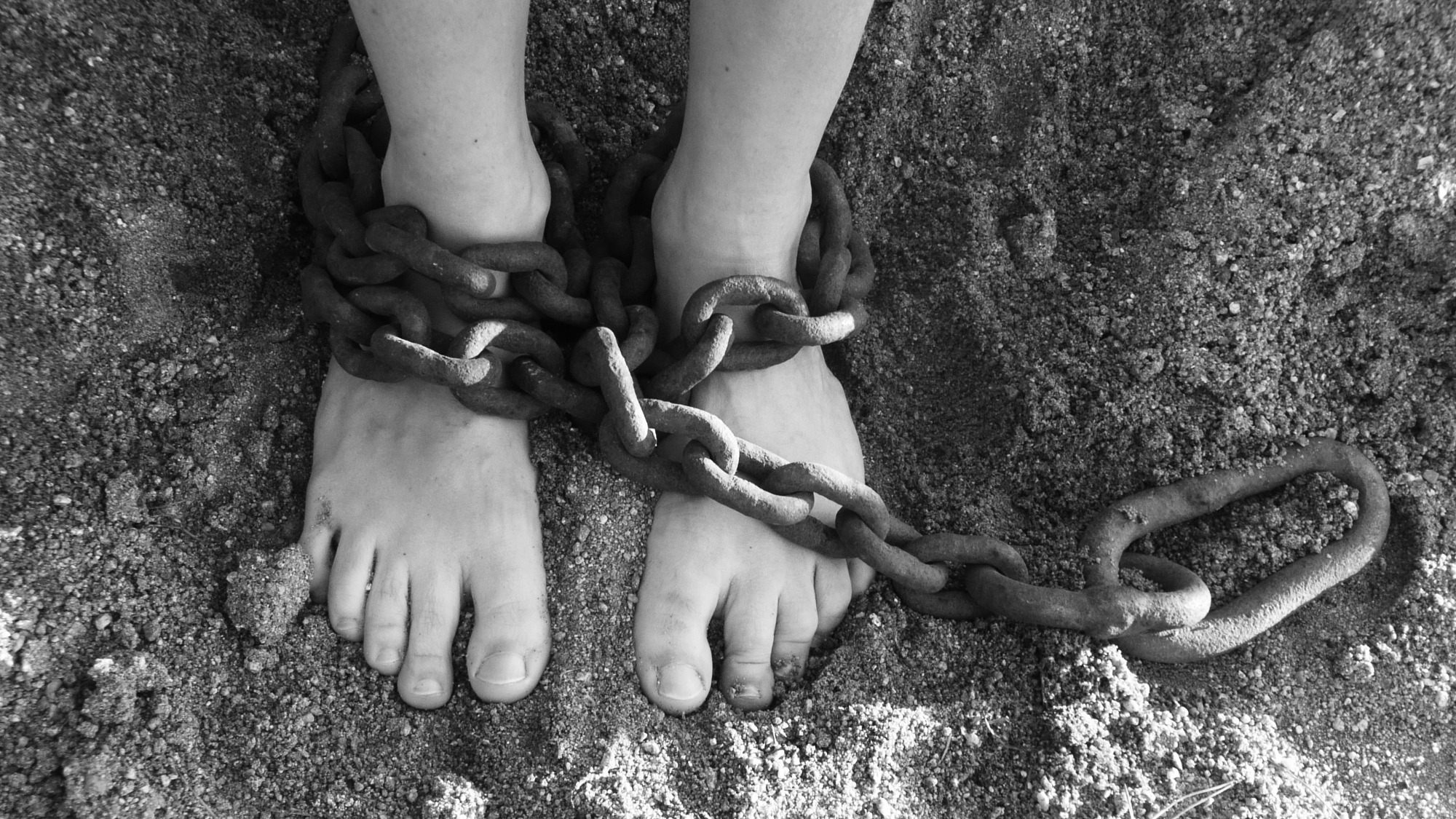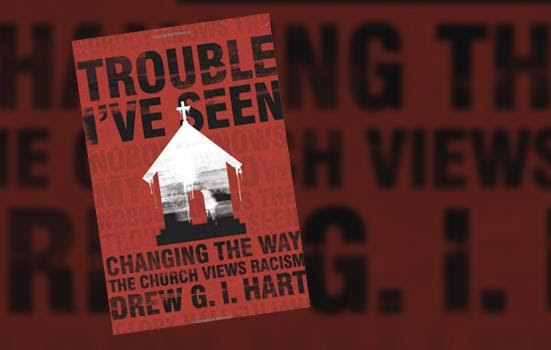A Test of Compassion: Learning to Love During COVID-19
A test of compassion is one that publicly questions our ability to empathize with others. We shouldn't confuse compassion with sympathy or pity. It's not about feeling bad for somebody's situation. It's about mourning with people who are mourning. Compassion is about experiencing the pain of others because they feel pain.
This whole pandemic provides the perfect test of compassion for everyone in the world. In the midst of businesses closing down, economic uncertainty, skyrocketing unemployment rates and federal systems that are ill equipped to compensate, food shortages or supply shortages in less privileged communities or less privileged households, depressing isolation for those who already struggle with feelings of isolation, lost loved ones or distanced families and friends, our bravest caregivers being at risk and risking their families to save the lives of others, every negative thing happening in the world, every frontline struggle, every ripple effect we see publicly, whether or not people are willing to sacrifice for the sake of others — in the midst of everything, we’re seeing what people are made of. We don't see everybody, but everybody sees somebody, and everybody is seen by somebody. Our neighbors, friends, families, coworkers, employees, brothers and sisters in Christ — everybody is noticed by somebody in their presence or absence, and our responses to the pandemic and to the situations in each of our communities testifies publicly to where our treasures lie.
How Deep and How Wide?
One of the things we're finding out is that this is not just a test about whether or not we have compassion. Compassion can come in many different forms, and most people have some form of it. This is a test of the depth of our compassion. This is a test of the breadth of our compassion. How deep and how wide is our compassion, and can we endure it?Christians talk about being Christ-like, and we sing songs about the depth and breadth and everlasting endurance of the love of God. "How deep the father's love for us, how vast beyond all measure." Now, we have to decide if our desire to be Christ-like is enough to encompass the depth and breadth and everlasting nature of the compassion of God.
The problem of knowledge
The problem of knowledge is one of the obstacles that keeps popping up in American Christianity. We have thoroughly ingrained in ourselves the idea that intellectual knowledge of anything equals mastery of it.American Christians often think that intellectual knowledge of scripture means they understand God. We often think that intellectual knowledge of worship structures means we understand worship. We often think that knowing managerial tactics means we’ll have healthy churches or that programmatic responses equal healthy interactions. Similarly, we elevate anything that we can test or measure and for which we can quantify metrics. Unfortunately, we often approach compassion in a similar way.
Too often, we assume that our ability to be compassionate is dependent on our intellectual knowledge of God, but I don’t believe that’s the case. We don't need intellectual knowledge to have compassion. This pandemic doesn't test our knowledge of God, our knowledge of scripture, or our knowledge of compassion, love, mercy, and grace. What it does is reveal what already exists or doesn't exist within our hearts.
Denying Yourself
Compassion isn't about knowing what the right thing is to do or what the wisest choice or action is. Compassion isn't about weighing the odds and leaning into the statistics. Although every decision we make has to do with those things, compassion is ultimately about choosing other people — choosing the vulnerable. Compassion, like love, is ultimately about denying yourself and sacrificing your preferences and comforts for the sake of someone else. We don't need deep, intellectual knowledge about God, scripture, love, or even compassion itself to do that.This pandemic reveals to each of us, to our communities, to our nations, to our friends and our families, and to the strangers on the street, in their homes, and on the news the depth of our compassion, because it's impossible to hide our choices when everyone is watching. As we’re seeing, education doesn’t always correlate with more compassion.
There are people who have nothing and are still doing more for their communities through their solidarity than people who have everything. There are people with businesses who sacrifice less than people who are already starving. It's not just about the circumstances in which we find ourselves or our intellectual prowess. It's about how we respond to the vulnerable people in our communities who need something from us, whether it's resources or distance or something else. It could be prayers or emotional support, or it could be help getting toilet paper. It could be a friendly wave from across the street as we both sit on our porches, or it could be figuring out how to help them get on social media so they can talk with their families.
Compassion Isn’t Exclusive
Compassion can be done by anybody. It can be practiced by anybody, and it can be understood by anybody who's willing to see beyond themselves and do something for the sake of someone else.I mentioned earlier that this isn’t just a test of having compassion but a test of its breadth and depth. Even for people who are compassionate, the question becomes how compassionate. It might be easy for a person to have compassion on the vulnerable, or to sacrifice for someone who is in danger. What about when a person is being pushed to risk other people's lives? What about when a person's livelihood is being put on the line against their compassion? How do we respond to businesses that refuse to close or refuse to send workers home? How do we respond to people who have closed business to protect others but now can’t support their own families? How do we respond to people who hoard resources they don't need? How do we respond to leaders who refuse to make choices that are compassionate for their communities? How do we respond to people who arouse fear and incite panic? How do we respond to people who dismiss the suffering of others?




Comments
Post a Comment